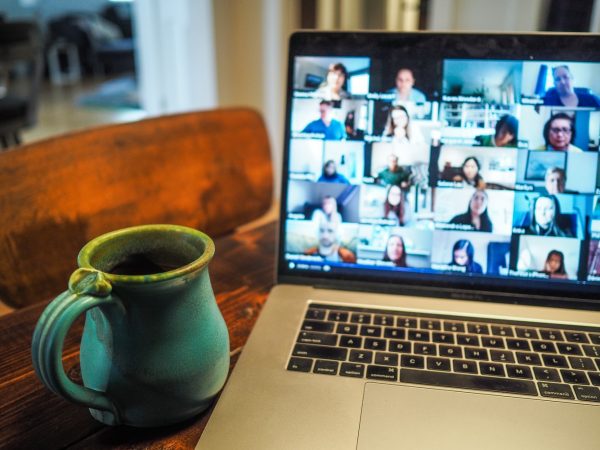
Nobody had a playbook for Covid19. Our business (Amey) had protocols and procedures for an array of potential hazards, but this is a new one. We used the guidelines issued by government medical experts as a starting point. It’s up to us to redefine how to deliver on those guidelines in practical, effective ways; both in our homes and within our organisations.
Familiar crisis steps transform into a broader strategy
We didn’t have a plan on file for dealing with Covid-19, but like all strong organisations we do have general plans for responding to a crisis and managing our business continuity. One starting point was the creation of cross-functional project teams to manage decision-making and communications.
Our Utilities business was particularly hard hit by Covid shutdowns affecting our client base and had to furlough 25% of our workforce. The executive team put together a diverse array of operational and back-office representatives into a project team to deal with Covid-19’s impact on the business. One of the team’s goals was to help manage Covid-19 issues in ways that allow business leads to focus on the regular, issues. We found that listening and quick responsiveness were critical to gaining the confidence of the account managers, the project team’s conduit to operational teams. For example, how and when we communicated with account managers mattered.
We’ve seen engagement rates through all our channels, including our intranet and Yammer feeds, increase. People are as keen to hear from the leadership team as we want to hear from them. Even so, it was important to tailor the message and format based on who was receiving it. For the Utilities account managers, we sent out daily a short PowerPoint presentation. They let us know they preferred slides as the daily update communication channel because they could be easily edited and modified for distribution to their own operational teams.
Communication accelerated up and down the organisation. My experience is that we’re building trust within our operational teams like never before due to the additional support we are providing.
This may well be because of the general sense that we’re all in this together. Ultimately, broader communication has reinforced the principle that we are all responsible for looking after ourselves and each other. People are claiming a growing ownership of accountability for mutual safety. They are also expanding that sense of ownership and accountability to include well-being.
Like many companies, Amey now has plenty of people working from home. There is a high upside to working from home, from avoiding commutes, having more flexibility in how one works, and reducing our individual and organisational carbon footprint. Of course, working from home also brings a new set of issues: feelings of potential isolation, concerns for their loved ones, worries and job security and financial worries. To name but a few. In this regard, video conferencing has proven more than a valuable productivity tool. Colleagues seeing and smiling with each other has boosted people’s wellbeing as well.

As such, we’ve seen our Wellbeing Ambassadors program kick into high gear. Amey has had this program for over two years. The Wellbeing Ambassadors is a network of over 200 volunteers within our organisation, who informally support their colleagues through challenging times. They’re having more discussions with people, both one and one and in groups. They’re proactively reaching out to co-workers just to check-in with them. Organisationally, we’re providing the Wellbeing Ambassadors with additional resources and support systems to help them.
We’ve also seen much goodwill among the public for the frontline jobs our people do. We have a huge number of key workers across all of our business units that are helping to serve the communities they live and work in. We share these stories internally and externally to spread feelings of pride in our workforce. Sharing these anecdotes further reinforces the growing sense of shared responsibility.
Through this crisis, I believe that we have all been shaped by giving and receiving more empathy and trust. This ever-increasing empathy and trust bring benefits to people both as workers and as human beings, and it creates a more resilient framework for improved operations and Health & Safety throughout the organisation.
How do we keep the trust and empathy going?
The crisis phase of Covid-19 is passing. I’m seeing that we’re building strong bonds of mutual trust and empathy now. For instance, we wanted to ensure our furloughed workers knew that they remained valuable members of our team. The Utilities project team put together a “Ready to Go Plan” for rapid remobilisation of accounts that had to pause their operations. As such, the Ready to Go Plan supported our business operations, ensuring we could restart operations quickly and safely when the time came, and support our furloughed workers who will be returning.
Our post-crisis challenge will be to continue developing it and extending it into more areas of how we work together. We all know that the working environment will be different.
I’m not sure yet what it will look like. We’ve seen people step up to take responsibility together to find the best ways forward.
Trust and empathy to others have the unique property of growing the more they’re used. So I’m hopeful this is precisely the groundwork that will help us continue on this way post-crisis.
Perhaps this is another area for mutual support. Do you see these kinds of bonds and attitudes come to the fore at your organisation? Share with us your thoughts on how we can keep it going.





There are no comments yet